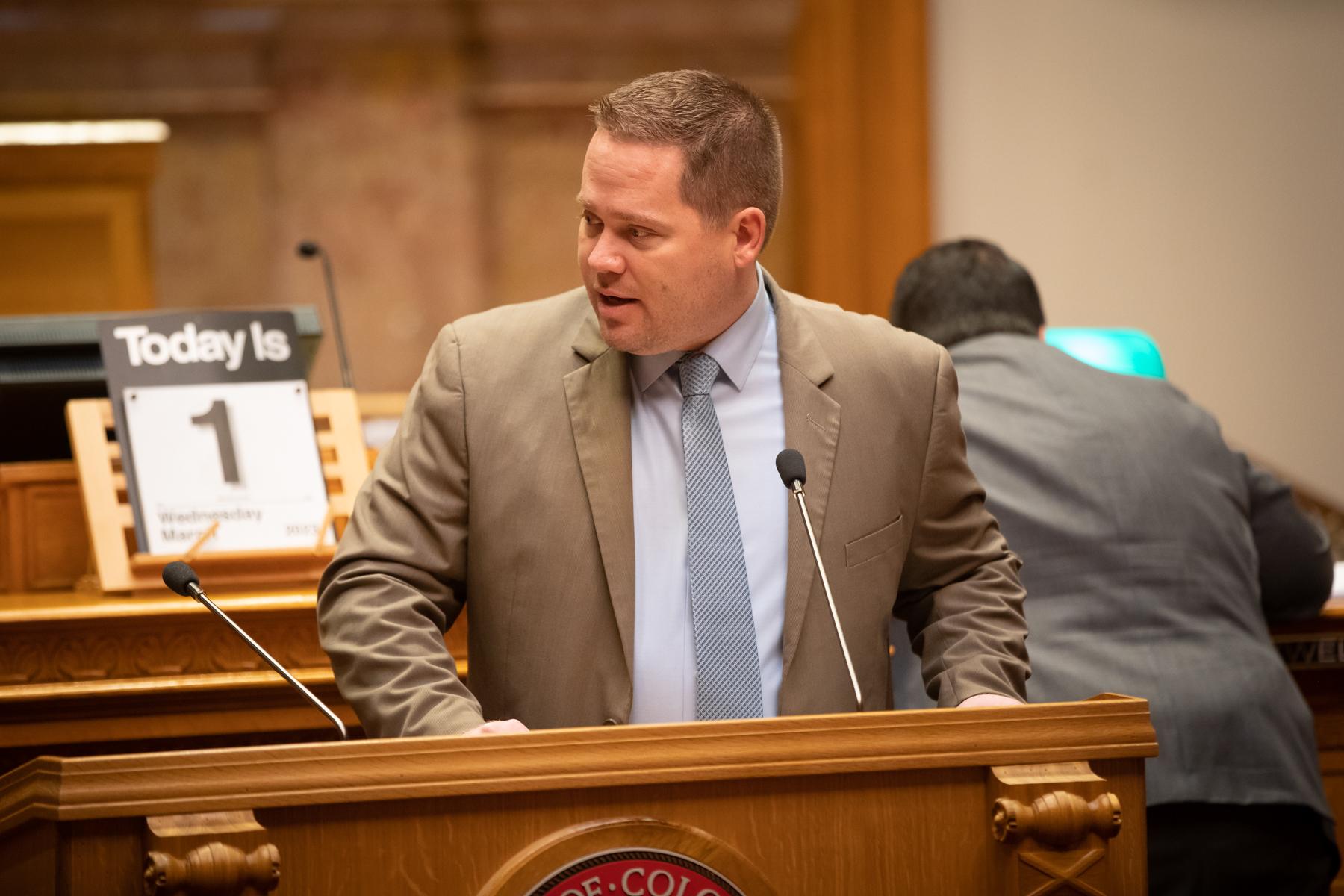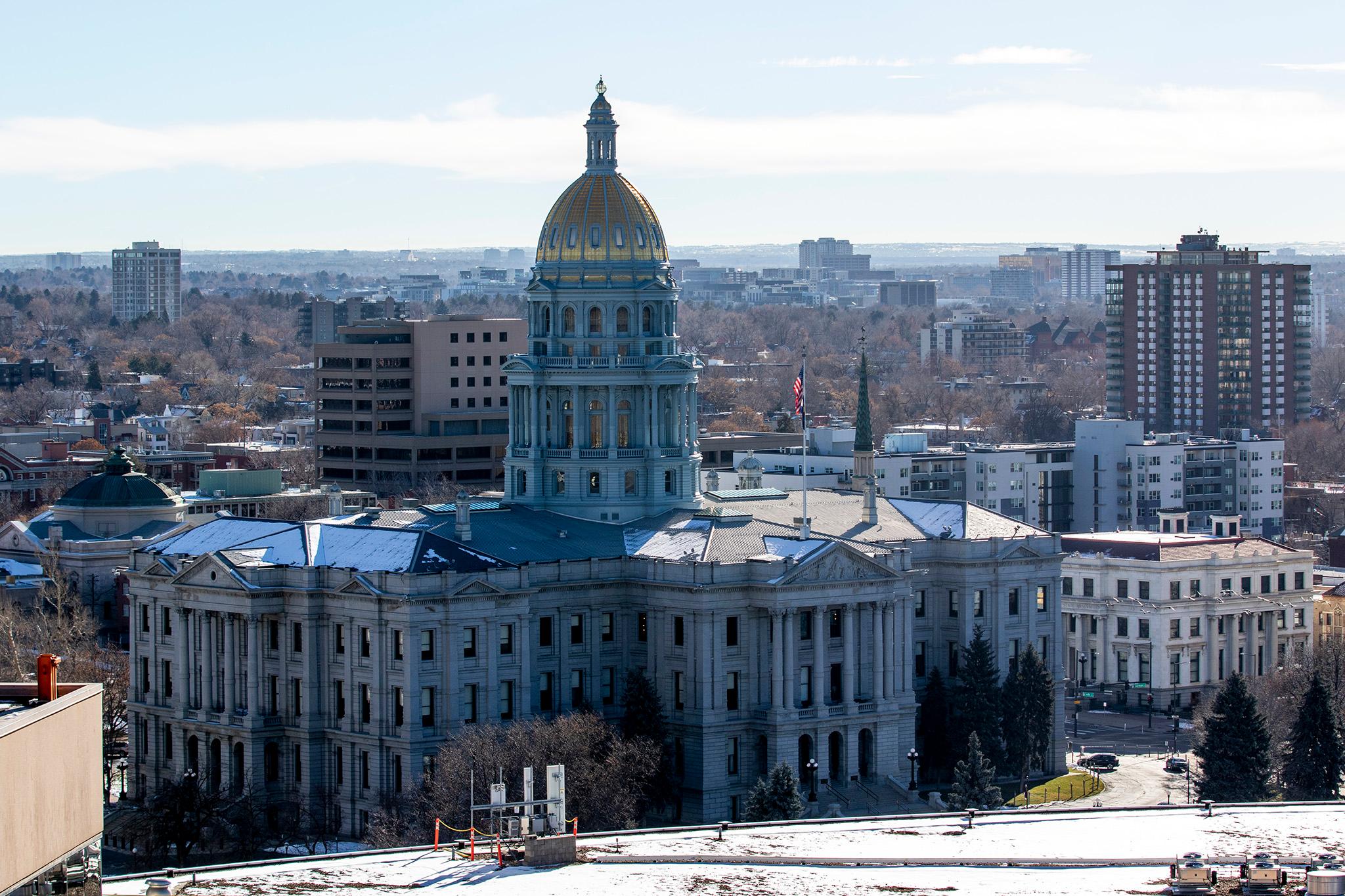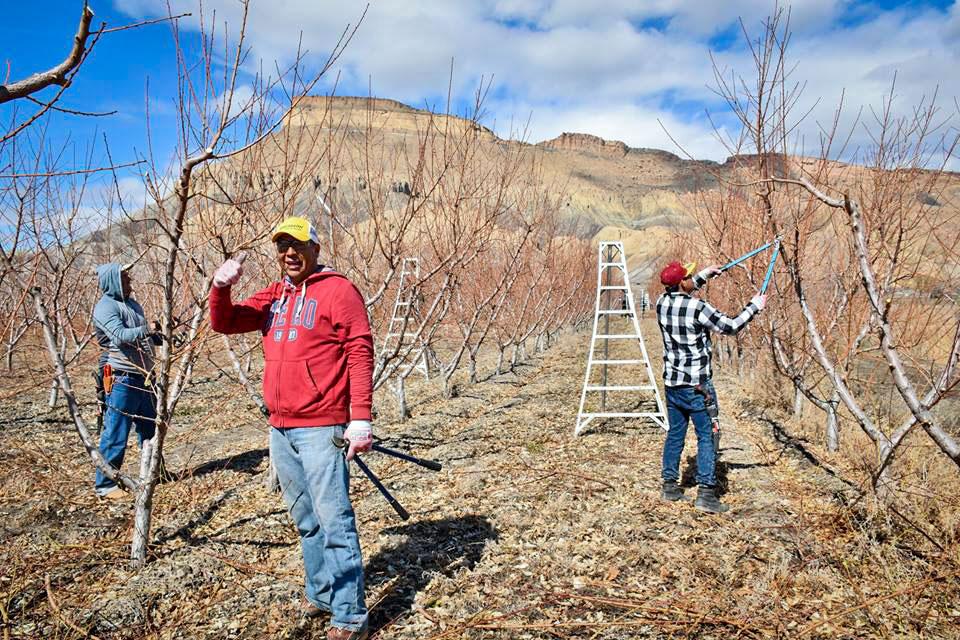
The old, peach-and-green building on the edge of the Western Slope town of Palisade looks like a big house for a big family. During the typical growing season, the headquarters for Child and Migrant Services can feel like one, too.
The nonprofit is often packed with young men enjoying communal dinners after work in the area’s orchards and vineyards.
The meals today are different. The center offers food boxes and a few other essentials that workers and families can pick up and take with them.
Normally, many of these migrant laborers would be in their home countries during the lull between busy seasons, said outreach worker Ruben Hernandez. But they’re stuck here after the COVID-19 pandemic closed borders.
“No, no go out, no coming in,” he said. “The coronavirus is everywhere.”
Just like other critical or essential workers, including nurses and supermarket employees, migrant farm laborers continue to work in Mesa County. Their efforts are focused on maintenance.
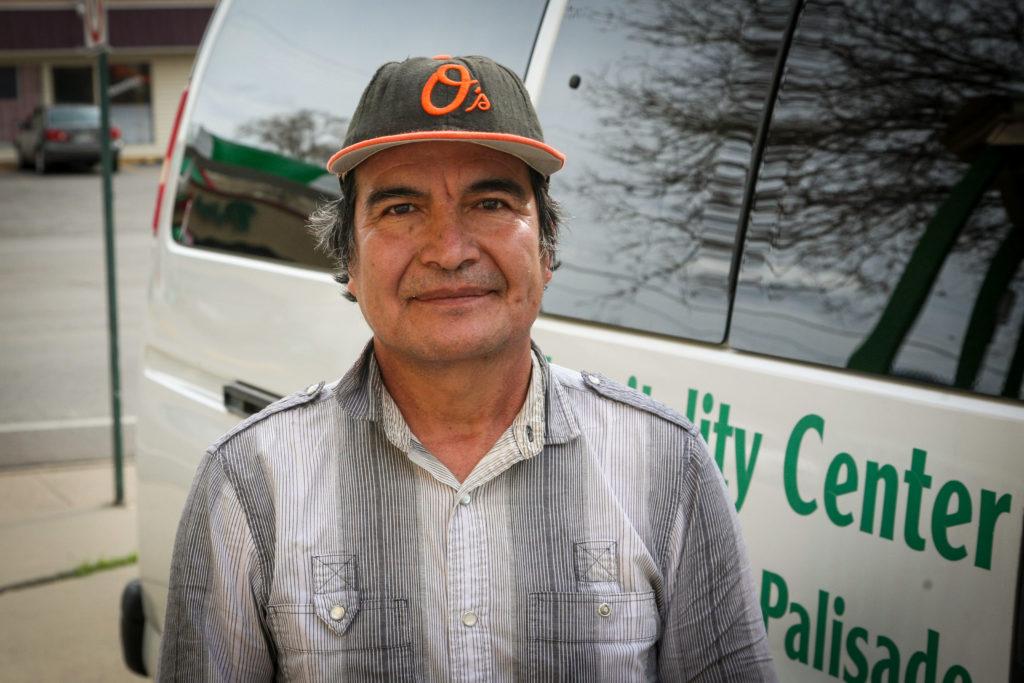
As the state’s efforts shift with the ever-evolving pandemic, so has the help that Child and Migrant Services has offered. Community health worker Maria Frausto said all the uncertainty right now isn’t just hard for the single men who travel here to work. It’s also taking a toll on the families.
“Yeah, they are in panic. They are afraid,” she said. “They don’t know what’s going on, what’s next, you know?”
As much as they can, the group plans to stay open, said director Karalyn Dorn — just in a different way.
“We’re just keeping the front door locked and seeing who comes, asking them to knock on the door,” she said. “We answer it, walk outside, and keep our six feet of distance.”
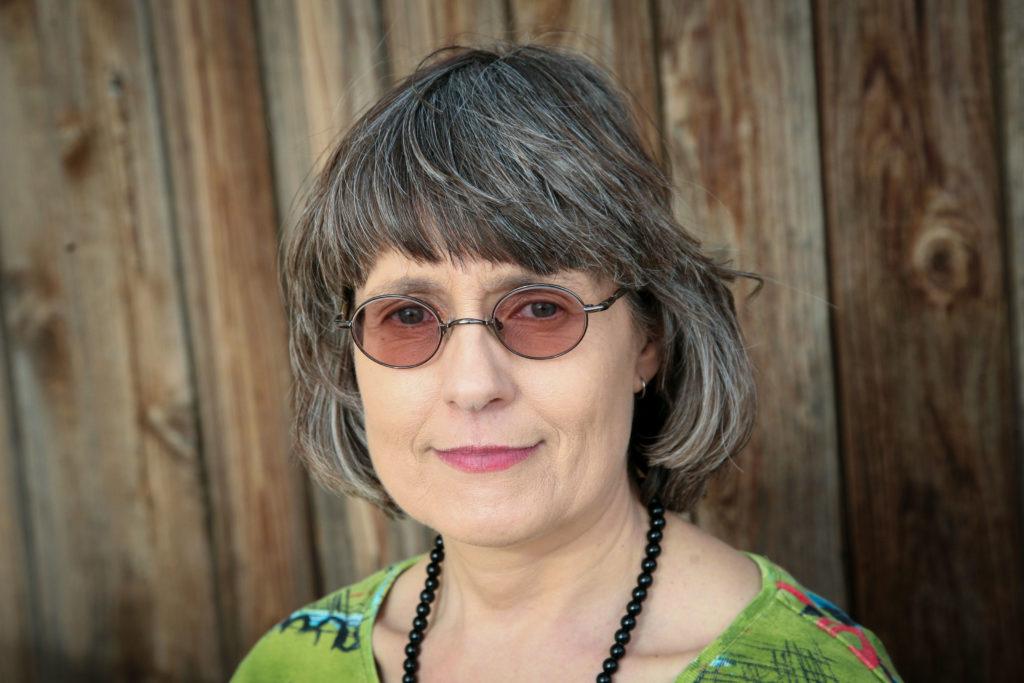
Then they retrieve food from the communal pantry or give advice on where to get medical help, whatever’s needed.
“We are holding our own, but it’s a little scary to think about how it can be in the future,” she said.
In addition to worries about the people they serve, the group is concerned for its volunteers, who tend to be older and most at risk for COVID-19. And the nonprofit’s financial support is likely to suffer in the months ahead, just as the picking season begins all over again.
Editor's Note: An earlier version of this story inaccurately described the colors of the Child and Migrant Services' building.

